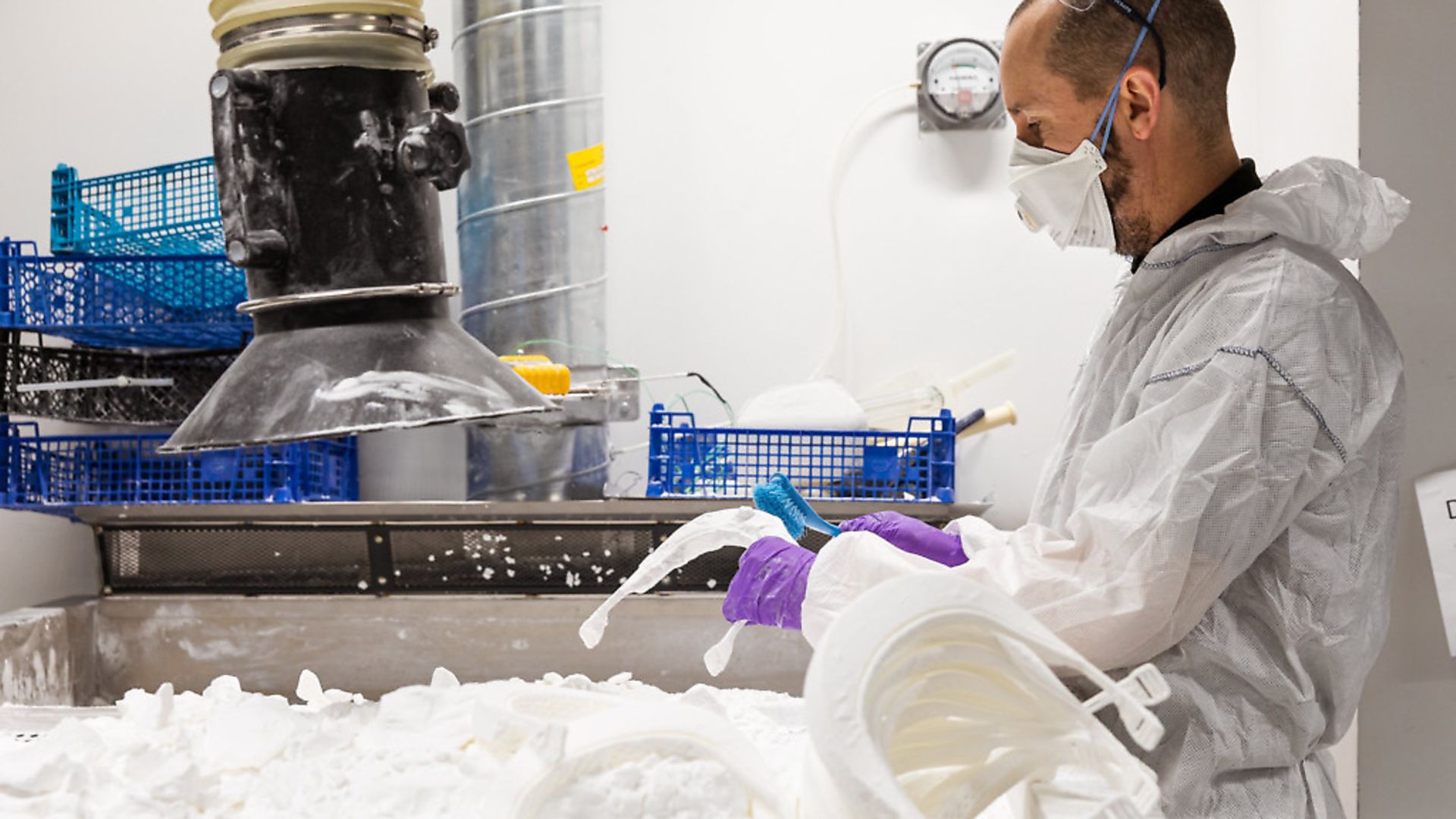
MIKE GALSWORTHY considers how the NHS and science communities will be transformed by the coronavirus.
The current crisis has propelled the two areas I love, and have been campaigning on, into the spotlight: the NHS and British science. The SARS-Cov-2 coronavirus, a tiny prickly sphere just 120 nanometres wide, has shaken an entire globe 12,742 kilometres wide. That speck of nothing has whizzed around a planet a hundred trillion times its own diameter in a matter of weeks, with effects that will reshape human society.
A trillion is a big number – and many trillions of dollars – have been lost and spent already on this crisis. Think about what just a fraction of that money could have done had it been spent preventatively on the NHS and science to buffer epidemic risks. Those will be the questions that will haunt discourse as we struggle with getting the country back to work, while keeping the spread down and away from the elderly and vulnerable.
Let’s talk about how the NHS will change in the wake of this pandemic. It’s important to note that the popularity of the health service has just rocketed up. To YouGov’s question about how good or bad NHS services are, ‘good’ has gone from 37% to 68% over the last two months, and ‘bad’ has dropped from 49% to 23%. Ten years of our NHS being ground down by austerity and that in turn biting into public trust, has flipped in a heartbeat. This is where the nation’s political battle will now fixate.
The opposition parties will highlight the UK’s global rankings for coronavirus deaths and claims about lack of PPE to say that the Tories left our NHS unprotected. To defend themselves, the government will invest hugely in the health service and champion it loudly – and they will also call in the tech & AI cavalry to provide pretty dashboards galore to prove that they have built an incredible live NHS monitoring capacity. They will claim they have ensured that such a pandemic never again catches the NHS short.
Have your say
Send your letters for publication to The New European by emailing letters@theneweuropean.co.uk and pick up an edition each Thursday for more comment and analysis. Find your nearest stockist here or subscribe to a print or digital edition for just £13. You can also join our readers' Facebook group to keep the discussion and debate going with thousands of fellow pro-Europeans.
The government will insist only they can make the NHS fit for the future, fully integrated in the ‘Internet of Things’ and leading the world in efficient digital healthcare. However, there will be much political unease at the thought of foreign tech companies of dubious reputation running our NHS, from policy advice, through to owning IP on disease diagnosis, down to private patient data. Once these companies are embedded, how much control will they have over our NHS’ direction?
Health data and health policy data will become the issue that supersedes NHS funding.
That, and what on earth we do to fix inadequate social care and mental health systems, as the crisis takes its toll on the elderly and vulnerable.
Now let’s turn to science. Back in 2015, the UK science community couldn’t get any politicians to listen. We were, despite our global excellence, bottom of the G8 for science funding as a proportion of GDP. The EU science programme was providing the lion’s share of new growth in funding in the UK as government funds stagnated.
Then came the 2016 referendum, when Universities UK and Scientists for EU pushed the issue of how damaging Brexit would be to our science and universities. This was proven to be the case when the vote to leave the EU started to impact universities immediately.
By the 2017 election, the Liberal Democrats, Labour and Conservatives were all promising a doubling of science funding in their manifestos. Fast forward to the election of 2019 and the same promises were repeated, but this time Dominic Cummings was in control of the Boris Johnson team. As a science fan, he is determined to invest big in science and utilise it prominently in ‘levelling up’ all the regions of the UK.
The coronavirus crisis has served to propel British science a level higher still in our politics. Our government famously insisted they were ‘following the science’ in their response to the outbreak, as if other countries were not, but in fact all countries have seen their top science and health officials represent their governments.
As the crisis unfolds, the nations of the world will be compared on metrics of their science and technology responses to the crisis. Who had the best models, diagnostics, monitoring, research and vaccine development?
With the latter, there is still a question of how well any country with a new vaccine will share it with the world. The debate will be sparked as to whether science is a competitive endeavour between nations, or whether it is a truly global collaborative effort.
Our science community will fight for the latter. But like with Brexit, what is done in our name by governments championing ‘science’, and what we actually want as a science community, may well clash. I believe that in the post-coronavirus world, science is going to get more political – and it will be at the centre of the push and pull on whether nations of the world should be more international or national in their outlooks.








